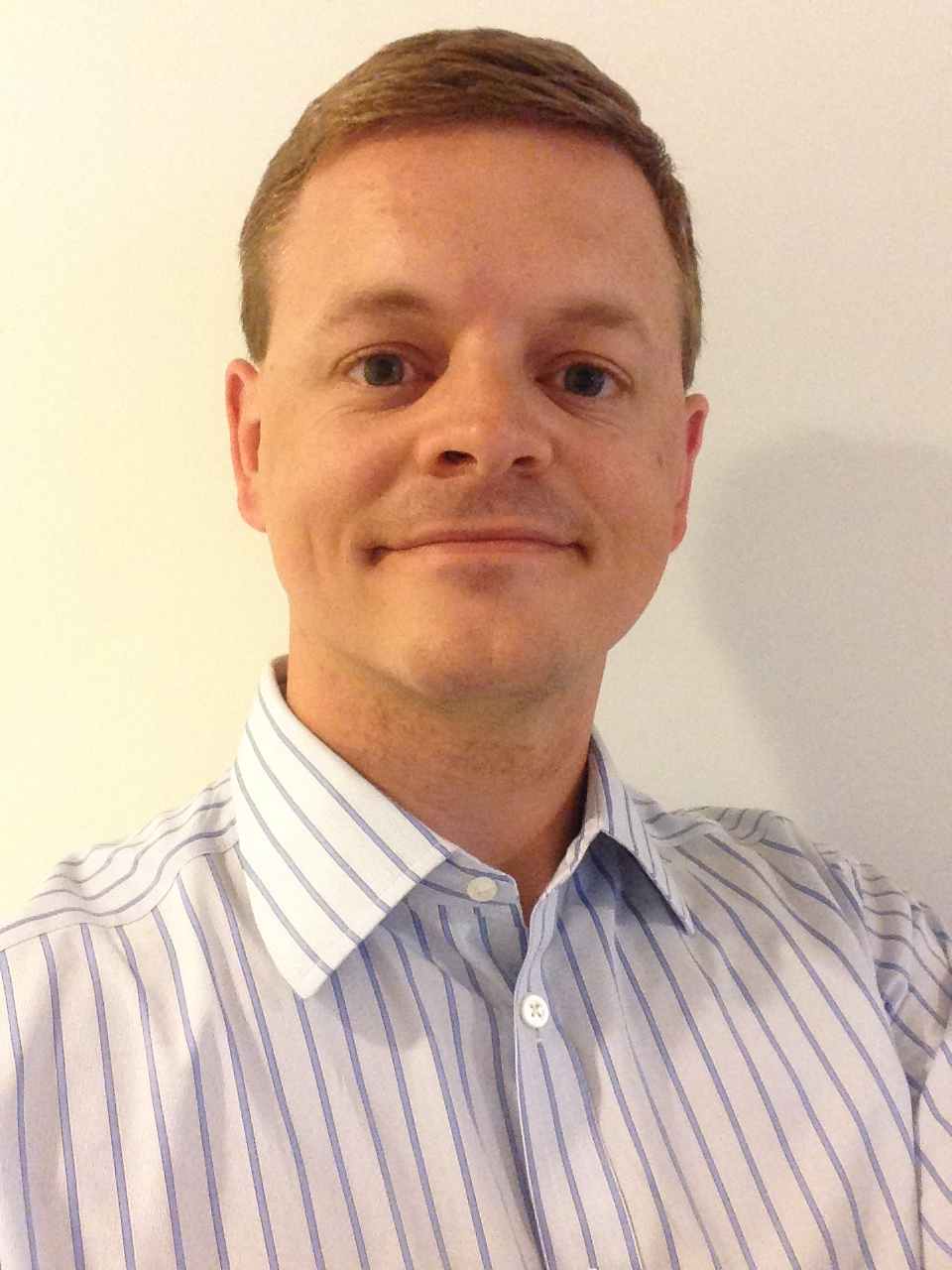By Ted Zagraniski, Culture Editor
There is no possible way that anyone will ever dictate to you what your next job will be. You will not receive an envelope at graduation containing the plan for your next ten years. And you will not get a phone call out of the blue informing you that you’ve been selected for a policy research position at the Rand Corporation, SAIC, or the Brookings Institution. If you want anything like a roadmap from Harvard to your next career you’re going to have to work at it. The good news is, you don’t have to work alone.
There is a team of coaches and advisors waiting to answer your questions at the Kennedy School’s Office of Career Advancement (the OCA). Located on the first floor of the Rubenstein building, the OCA is packed full of friendly people who have encouraged and assisted many students and alumni through the seemingly opaque machinations of the global job market. We sat down recently with the OCA’s leader, Assistant Dean and Director Mary Beaulieu, for the inside story on best practices and advice for starting your career search.
The first thing we learned was that the Kennedy School doesn’t make lawyers! Or businesspeople for that matter. The Kennedy School makes creative, innovative, government leaders prepared to discern the intricacies of thorny problems with a multiplicity of stakeholders, and then craft reasonable policies to address them. Why does this matter to your career search? Because it means you can’t exactly open a phone book to “government leaders” and find organizations for whom you might work.
As Dean Beaulieu put it, “the key to finding an opportunity is a networked job search. Reach out and connect with your network – the people you know and the people they know.” Only through the friends and the connections in your life can you expect to locate your next great opportunity of a lifetime. How many of us can think back to that one person who pulled us aside and urged that we apply to Harvard? And weren’t all those people right after all? Your network worked for you then, and it will work now.
Once you’ve got your network up and running, who you are and why you want to find a career will drive your search process. What goals, purpose, or belief motivate you? What experience have you had here at Harvard (or before, or since) that could be applied to new jobs and fields? These are questions only you can answer.
Even if you are changing fields, how you communicate with people will be key to your next career. “Develop your ability to articulate ‘your story’ to potential employers and those who can help make connections,” Dean Beaulieu said. No one knows as much about you as you do, maybe you just need a few pointers on how best to share the skills, experiences, and perspective that make you a valuable part of any organization.
Dean Beaulieu suggests that you, “Get clear on what you are looking for. What matters to you? What are your qualifications in terms of content or policy area, type of work, skills, culture, or geography?” After all, your Kennedy School degree will take you a lot farther than the words printed on it. Remember, this isn’t a job hunt for everybody, it’s just for you. Find your strengths, market them well, and you will go places. As a Kennedy School grad you will be neither firefighter nor astronaut, but the work of both firefighters and astronauts will be literally impossible without people like you! That is your niche, so be sure you can articulate it and find it.
The OCA can help you there, too, because you might need a broader perspective and a little encouragement to think of yourself outside one of the typical “what do you want to be when you grow up?” bins. “Many folks around the Kennedy School, including faculty, staff, fellow students and alumni, support students in conducting their own networked searches,” said Dean Beaulieu. How about that, a network for your network? Now that’s what we call the convening power of Harvard.
For more on the Office of Career Advancement, check out their page on KNet. They’re located under Degree Programs/Student Affairs, Career Advancement. The website is packed with helpful frameworks for thinking about vision, strategy, and tactics; Skills Sheets; Policy Area of Interest Sheets; alumni interviews; and many other resources.
